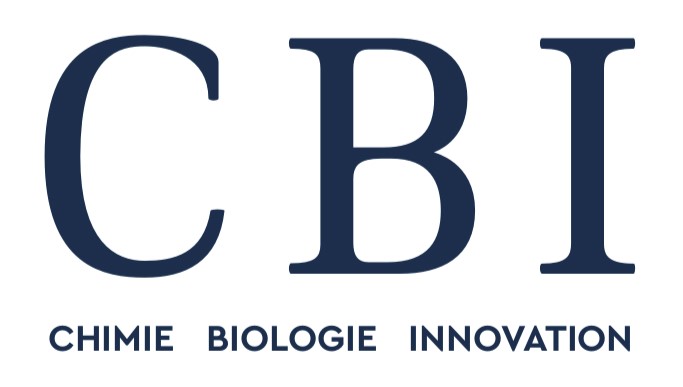Drug Discovery: Antibody repertoire screening
We aim to create a droplet-based digital microfluidic system for quantitative high-throughput screening (HTS) of antibodies, or functionally active fragments thereof, for therapeutic applications.
Functional antibodies or fragments thereof will be generated within droplets either by encapsulating antibody-producing cells or by in vitro expression from synthetic genes, thus dramatically lowering the cost of development.
These digital microfluidic systems if successful, should improve the speed with which therapeutic antibodies are generated, improve the performance of these antibodies in a therapeutic context, and extend the range of therapeutic targets for antibody therapy.
On a microfluidics platform, we can analyse 1000 times more of the antibody repertoire. This will allow “deep-mining” of the antibody repertoire allowing access to a much greater diversity of antibodies, and also to antibodies against “difficult” antigens, such as evolutionarily conserved proteins or self-proteins which are usually not very immunogenic due to immunological tolerance mechanisms. The high throughput also opens up the possibility of screening directly for (rare) B-cells producing antibodies with the desired activity from healthy, unimmunised human donors, for which there is no viable alternative, as human B-cells, especially those producing affinity matured IgG isotypes of antibodies, can not be immortalized effectively by any other means at the present time.


